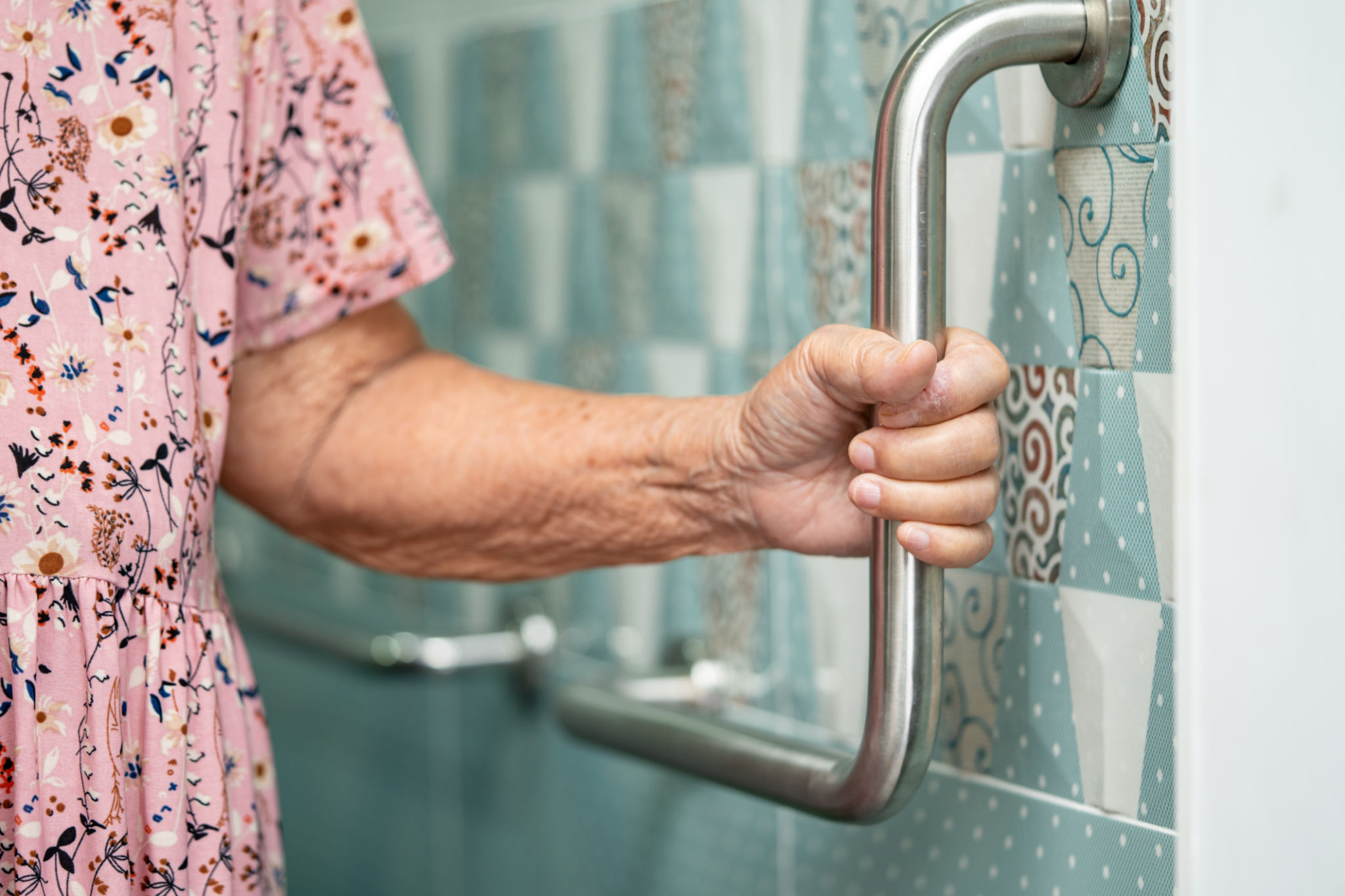Preparing for Winter: Essential Home Modifications for Elderly Safety
Introduction to Winter Safety for the Elderly
As winter approaches, it brings with it a unique set of challenges, particularly for the elderly. Preparing your home to ensure safety and comfort during the colder months is crucial. From preventing falls to ensuring warmth, taking proactive steps can make a significant difference in the well-being of senior family members.
Enhancing Indoor Safety
One of the most important modifications you can make is to enhance indoor safety. Falls are a common risk for the elderly, especially in slippery conditions. Consider installing non-slip mats in bathrooms and kitchens. Additionally, ensure that all pathways are clear of clutter and have adequate lighting.

Bathroom Modifications
The bathroom can be a hazardous area during winter due to wet surfaces. Installing grab bars near the toilet and in the shower can provide extra support. Lever-style handles for faucets are recommended to help those with arthritis or limited hand strength.
Maintaining a Warm Environment
Keeping the home warm is essential to prevent hypothermia and other cold-related issues. Ensure that the heating system is in good working condition by scheduling routine maintenance. It might also be beneficial to invest in a programmable thermostat to maintain a consistent temperature throughout the day and night.
Insulation and Sealing
Proper insulation is crucial in keeping the cold out. Check windows and doors for drafts and seal any gaps with weatherstripping or caulk. This not only keeps the home warmer but also helps in reducing energy bills.

Emergency Preparedness
Winter storms can sometimes lead to power outages or restricted access to resources. It's essential to have an emergency kit ready. This kit should include items such as flashlights, batteries, non-perishable food, and water. Ensure that any necessary medications are also readily available.
Communication Plans
Establishing a communication plan is vital. Make sure that elderly family members have a list of emergency contacts easily accessible. It's also helpful to check in regularly during extreme weather conditions.
Outdoor Precautions
While much of winter safety focuses on indoor modifications, outdoor precautions are equally important. Ensure that walkways and driveways are clear of snow and ice by regularly shoveling and using salt or sand for traction.

Footwear and Apparel
Encourage wearing shoes with good traction and warm clothing when venturing outside. Layering clothing can help in maintaining body heat while allowing for adjustments if temperatures fluctuate.
Conclusion
Preparing for winter involves thoughtful planning and modifications to ensure the safety and comfort of elderly loved ones. By making these changes, you can help prevent accidents and health issues, allowing for a worry-free winter season.